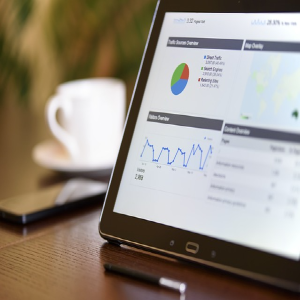Prevalence and correlates of internet addiction among undergraduate health sciences students of Usmanu Danfodiyo University, Sokoto

All claims expressed in this article are solely those of the authors and do not necessarily represent those of their affiliated organizations, or those of the publisher, the editors and the reviewers. Any product that may be evaluated in this article or claim that may be made by its manufacturer is not guaranteed or endorsed by the publisher.
Authors
The internet is an essential aspect of our daily life, and its binge has resulted in internet addiction. Students are vulnerable to internet addiction, since they utilize it for academic and extracurricular objectives. Problematic internet use can predispose individuals to mental illnesses. We aim to determine the prevalence of internet addiction among undergraduate health sciences students at Usmanu Danfodiyo University in Sokoto, Nigeria. This was a cross-sectional study, using a multistage sampling technique. The Young Internet Addiction Test was used to obtain the data, which was analyzed using the Statistical Package for Social Sciences (SPSS) version 23.0 for Windows. The frequencies, percentages, means, and standard deviations were used to summarize the data. A chi-square was used to compare the categorical variables, and a p-value <0.05 was considered significant. A total of 294 students were interviewed, with a mean age and standard deviation of 24±2.9 years, and a male-to-female ratio of 2.3:1. Approximately, 42% of the students had mild internet addiction, and 13% had moderate internet addiction. A significant association was found between the severity of internet addiction and time spent on the internet per day. More than half of the students had mild to moderate internet addiction, which was associated with the time spent on the internet. Internet addiction among health sciences students is common and requires prompt intervention.
MBBS, MPH, Ph.D.
How to Cite

This work is licensed under a Creative Commons Attribution-NonCommercial 4.0 International License.
PAGEPress has chosen to apply the Creative Commons Attribution NonCommercial 4.0 International License (CC BY-NC 4.0) to all manuscripts to be published.

 https://doi.org/10.4081/pjm.2023.311
https://doi.org/10.4081/pjm.2023.311



